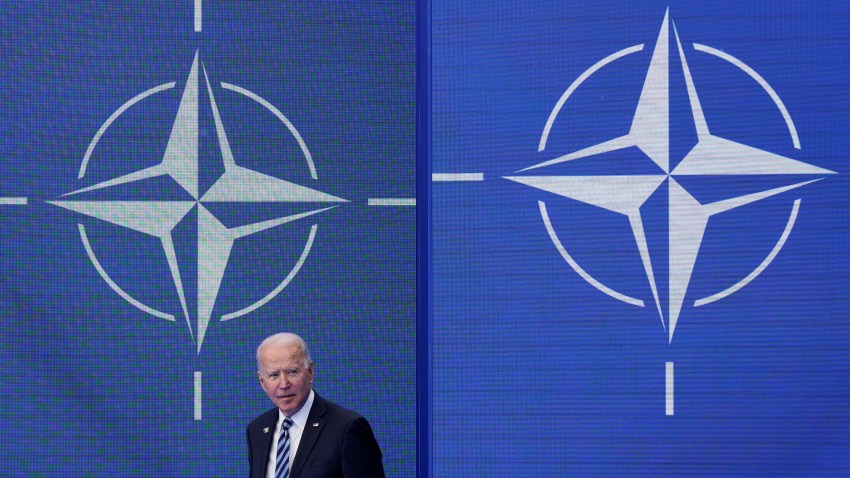The recent trilateral agreement between Japan, South Korea, and the United States is a major achievement for the administration of U.S. President Joe Biden, given the history between the two East Asian neighbors. According to U.S. Secretary of State Anthony Blinken, it’s part of a broader strategy to set U.S. foreign policy on a course that can be maintained for years to come. As reported by Washington Post Columnist David Ignatius, the Biden administration hopes to create a foreign policy foundation that will endure “no matter what” by “trying to foster partnerships and norms of behavior ... that are broadly based and, hopefully, sustainable.”
This is an understandable goal, especially for Biden. If there is one foreign policy legacy of Biden’s Democratic Party predecessor in the White House, Barack Obama, it is the lack of a foreign policy legacy. Many of the signature foreign policy achievements of Obama’s time in office, from the Paris climate agreement to the Iran nuclear deal, were immediately scuttled by the man who succeeded him in office, Donald Trump. The Biden administration seems determined to avoid a similar outcome should it lose the Presidential election in 2024 or a member of the Republican Party becomes president after 2028.
His administration might just pull off its goal. But that’s because the foundation the Biden administration is building is, in turn, being built on another foundation: the foreign policy of his Republican predecessor, Donald Trump. We can see this is three ways.

